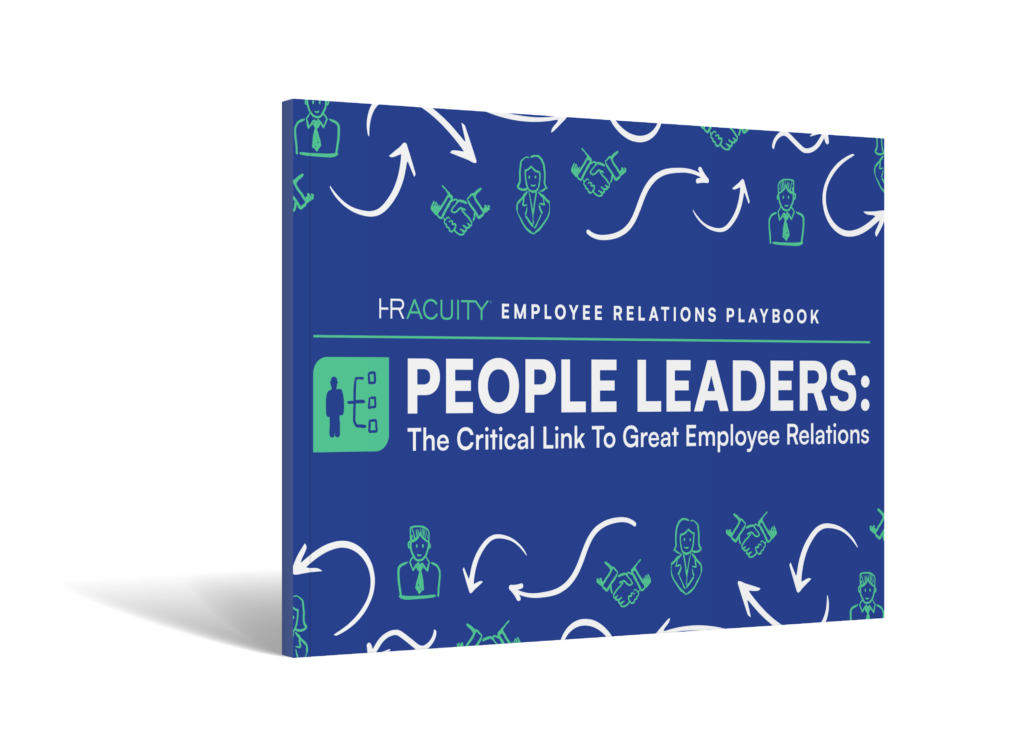For many human resources leaders, there’s a curiosity about when and whether case management can benefit their organization. Case management is the strategy of researching, organizing and monitoring data as it pertains to an individual case. This typically involves an individual entity, such as an employee or customer. A case manager can analyze this information on a case-by-case basis and work with the organization to develop a corrective action plan.
Today, case management software has become an essential instrument for human resources professionals to facilitate their administration process. Fueled by the pandemic that led many organizations to take their business processes online, the market growth for the case management industry doubled between 2017 and 2022 to almost $8 billion, and it continues to expand.
When is case management best used?
There’s no doubt that industries such as health care, social work and law rely on case management as a daily organization and privacy tool, but it shouldn’t be ignored by organizations in other fields. Whether you’re dealing with a case of minor misconduct, managing a complete workplace investigation or simply organizing client files, case management brings order and predictability to a process that’s inherently subjective.
There are multiple benefits to embracing a case management system within your organization. Employees are much more likely to feel heard when their experience is personalized to their unique requests. Working on a case-by-case basis means what helps one client or employee to come to a solution may be different for another. When employees feel seen and heard, they’re going to be empowered to work more productively and engage with the purpose of the organization.
Using case management software is advantageous as it removes the possibility of human error in data entry, it tracks workflows more readily and visually, it automates many of the processes that take assigned employees hours to complete and it provides a self-service dashboard geared toward meeting the user’s needs. It also provides continuity of data when staffing changes happen on the HR or ER team.
We’ve said it before. Case management has quickly become a necessity as the number of employee relations cases continues to increase. Yet, many human resources managers still draw a blank when asked how they organize their caseload. It’s no longer time or cost-efficient to keep files in a hard drive folder. Case-by-case management needs to be embraced by HR professionals, and having the right skills can streamline the transition process.
Read our Employee Relations Playbook
Train people leaders to better manage employee issues.

Critical case management skills needed in HR
Case management is the process of identifying and addressing the needs of an individual or family. It involves continuous assessment, planning and implementation of services to meet these needs. We can use these same skills as a foundation for case management across other disciplines.
There are several skills that case managers must have to be successful. Traditionally, these include:
- Good listening skills.
- Critical thinking.
- Interviewing skills.
- Advocacy.
- Understanding of relevant industry governance and regulations.
- Emotional and cultural intelligence.
- Capacity to work as part of a team.
- Ability to empathize with clients.
- Flexibility to adapt their methods depending on each unique situation.
- Strong negotiation and communication skills.
- Excellent problem-solving abilities.
- Creativity in developing plans of action.
Another important skill for case managers is the ability to think on their feet. This is especially important when dealing with clients who may be resistant to change or who may find it difficult to understand formal processes. It can also be helpful for case managers to have a good understanding of mental health issues so that they can better comprehend what’s going on in their clients’ lives and how it affects them.
As workplaces continue to evolve and embrace new technologies and tools to streamline operations and reach management goals, the in-demand skills of case managers have changed slightly to include other necessary capabilities. In addition to ensuring success in your case management role, you will need to set yourself apart by mastering many of the following skills. These include:
- Understanding of cultural diversity.
- Teaching skills.
- Sensitivity to political and racial inequality.
- Ability to master technology.
- Adaptation to growing technology and trends.
- Data analysis skills.
- “Systems” thinking and organization development
- Public speaking prowess.
Collaborative case management skills have also become relevant in today’s workplace. As employee relations (ER) managers develop and support the relationships among employees and between them and management, there’s a need for multiple entities to collaborate on plans, strategies and the day-to-day oversight itself to ensure its success. Each stakeholder in a workplace investigation, from legal counsel and management to human resources, assumes an important role in collaborative case management.
Want to read more? Check out part two..
The best HR software helps with case management by providing a central hub for all the information related to a given case. It also helps in managing cases by tracking their progress and assigning tasks to relevant team members. Whether you’re simply managing an employee’s current position in their employment journey or conducting a workplace investigation, HR Acuity can provide your organization’s HR team with customizable platforms that intuitively track your data and take some of the weight of case management off your shoulders.
Reach out for a conversation with an HR Acuity expert and request a free demo of any of our products today.



